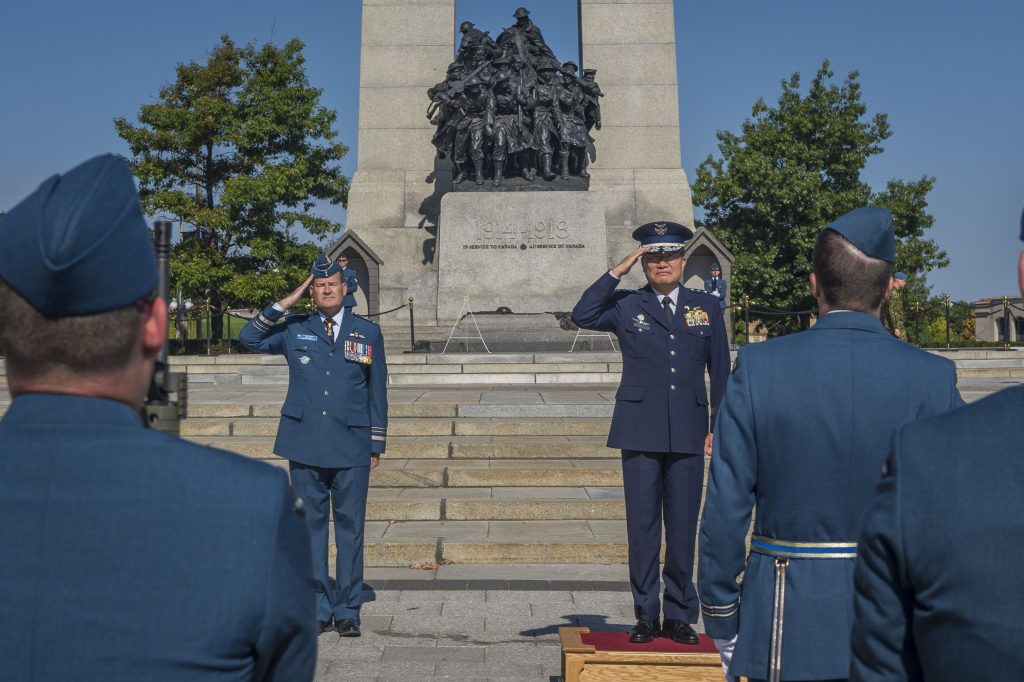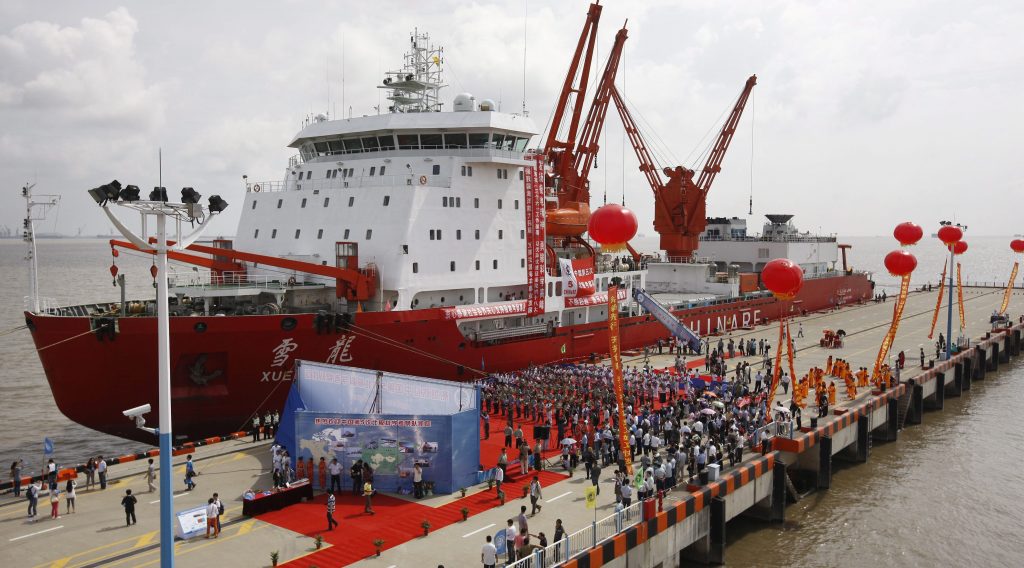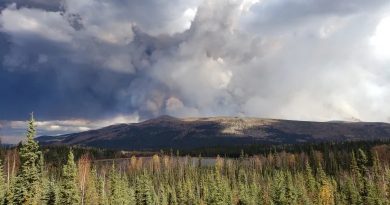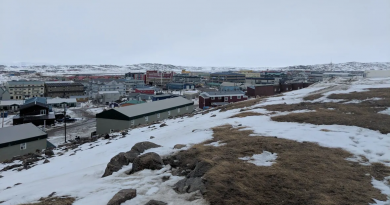Japan looks to Canada to keep an eye on China’s Arctic ambitions: expert

Concern over growing Chinese naval action in the Arctic is prompting the Japanese military to seek closer cooperation with Canada in monitoring and surveillance of maritime traffic through the increasingly accessible top of the world, says a Canadian expert.
Discussions on security issues in the Arctic featured prominently during the recent visit of one of Japan’s top military officials to Canada, according to Canadian defence officials.
Gen. Yoshiyuki Sugiyama, Chief of Staff, Japan Air Self-Defense Force, was on a two-day visit in Ottawa for meetings with Lt.-Gen. Michael Hood, Commander of the Royal Canadian Air Force (RCAF), at the end of last week.
In a statement provided to Radio Canada International Capt. Trevor Reid, a spokesperson for the RCAF, said during their talks Hood and Sugiyama discussed the issue of safety and security in the Arctic, as well as regional security issues in Asia, including North Korea and ballistic missile defence.
“With respect to the Arctic, the RCAF provided context on the increasing maritime traffic in the north and the role that air power and space technology has in monitoring that traffic for security and search and rescue purposes,” Reid said in an emailed statement.
The RCAF is well-equipped to patrol and monitor Canada’s North through aircraft such as the Block III CP-140 Aurora Long Range Patrol aircraft, as well as use of the Polar Epsilon 2 Project (which utilizes the RADARSAT 2 satellite) to monitor approaches and maritime traffic in the Arctic, Reid said.
Watching Chinese activities in the Arctic

Rob Huebert, an associate professor in the Department of Political Science at the University of Calgary and a senior research fellow with the Centre for Military and Strategic Studies, said the emphasis on the Arctic and the fact that it was so clearly communicated in the official communique signals a significant shift for the Japanese interest in the Arctic.
“The Japanese have, of course, ever since they’ve expressed any interest in the Arctic, it’s about science, it’s a little bit about commerce, but it’s mainly about good governance and all the rest, at least that is the official line,” Huebert said in a phone interview with Radio Canada International.
“But it’s interesting that every time we see the Chinese going in one direction that seems to be a real catalyst for Japanese interest in the Arctic.”
For example, when China expressed interest in getting an observer state status at the Arctic Council, Japan followed suit, he said.
“I think that is not a coincidence, as we are seeing increased Chinese naval action in the Arctic, that the Japanese, obviously, want to make sure that even if they are not participating in that, at least somebody on their side is paying attention to this type of stuff,” Huebert said.
It is the first time that he has seen the Japanese expressing interest in military-to-military talks with Canada about Arctic issues, Huebert said.
The visit by the Japanese general comes as China’s first ice-breaker the Xuelong, or Snow Dragon, is heading to its home port in Shanghai after completing its first circumnavigation of the Arctic this summer, China’s eighth Arctic expedition.
It is also part of an overall effort by Japan to engage Canada on a broader security platform, especially in light of the North Korean crisis, he said.
Growing security ties
Canada and Japan have long shared strong economic and political ties, but in recent years these relations have grown to include deeper cooperation on defence and security, such as the 2010 Canada-Japan Joint Declaration on Political, Peace and Security Cooperation.
The declaration created a political and security subcabinet forum, committing Canada and Japan to hold regular bilateral meetings between senior bureaucrats responsible for foreign affairs and defence.
In September 2013, Canada and Japan signed an agreement on substance towards the conclusion of an Acquisition and Cross-Servicing Agreement (ACSA), which aims to facilitate cooperation between Canadian and Japanese forces, notably during joint training exercises and United Nations peacekeeping missions.
The two countries’ militaries also regularly participate in multilateral exercises in the Pacific.
Related stories from around the North:
Asia: Full steam ahead for Asian icebreakers in the Arctic this summer, Blog by Mia Bennett
Canada: Ship trouble in the Arctic on the rise: report, Alaska Public Radio Network
China: China’s silk road plans could challenge Northern Sea Route, Blog by Mia Bennett
Finland: Winds challenging Finland’s icebreakers despite record low Baltic ice, Yle News
Norway: Arctic shipping – The myths, the realities & the challenges ahead, Eye on the Arctic
Sweden: Sweden wants lower emissions for new icebreakers, Radio Sweden
Russia: Arctic tests for Russia’s new icebreakers, The Independent Barents Observer
United States: Coast Guard advances plans to build 3 icebreakers, Alaska Dispatch News



